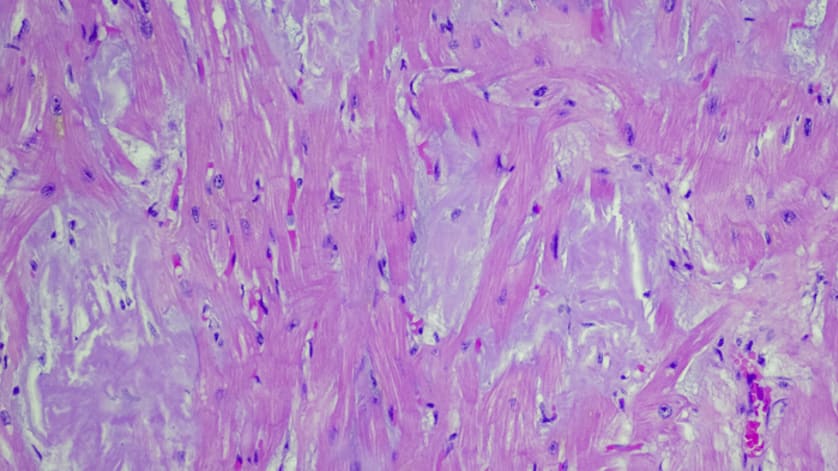
February 19, 2026



February 17, 2026
Baptist Health South Florida


Stay up to date with the latest clinical headlines and other information tailored to your specialty.
Thank you for signing up for the Daily News alerts. You will begin receiving them shortly.

February 11, 2026
Baptist Health South Florida

February 11, 2026
Baptist Health South Florida


February 10, 2026
Keck Medicine of USC